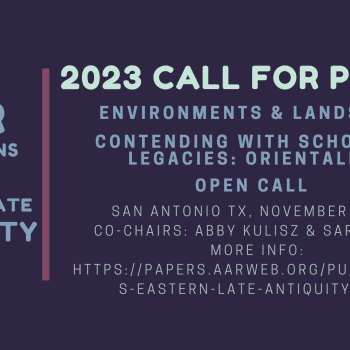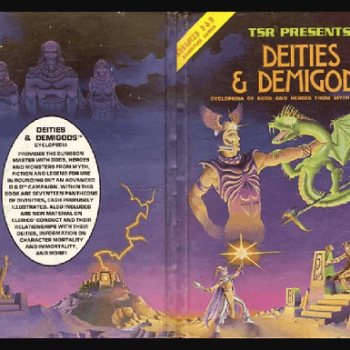A call for papers that came my way via Javier Martinez:
We are planning a new publication, investigating the subject of Fakes and Forgeries and Issues of Authenticity in Classical Literature, to be comprised of original scholarly contributions. As in our former volumes on this topic, we hope to include approaches to the subject from a broad array of scholarly disciplines—including, but not limited to, literature and critical theory, aesthetics, philosophy, history, political science, and linguistics. We believe that new and fruitful avenues of investigation are opened up when scholars are willing to consider forgery less as a crime, and more as a creative act.
We therefore invite scholars to contribute work without imposing any restrictions beyond a willingness to consider new approaches to the topic of ancient fakes and forgeries. Of particular, but by means exclusive, interest are contributions in the following areas, which have been variously addressed in our previous volumes:*Authorship and Authority
*Anonymity and Pseudonymity
*Forgery of Documents and Literary Texts
*Textual Legitimacy and Literary Legitimacy
*Epigraphic, Epistolographic, and Historiographic Fakes and Forgeries.Our publications aim to constitute an all‐embracing outcome of recent research into these topics, thereby reflecting the spirit of inclusiveness and openness that our Research Group (Madrid and Oviedo) has sought to embrace since its original inception.Our last volumes are:
- Animo Decipiendi? ∙ Rethinking fakes and authorship in Classical, Late Antique, & Early Christian Works (2018)
- Splendide Mendax ∙ Rethinking Fakes and Forgeries in Classical, Late Antique, and Early Christian Literature (2016)
Fakes and Forgers of Classical Literature ∙ Ergo decipiatur! (2014)Like these, our new volume will investigate the subject of Fakes and Forgeries and Issues of Authenticity in Classical Literature, and will be comprised of original scholarly contributions.Contributions (Word) should be submitted not later than December 15, 2019 via email to[email protected].We’d be grateful if you confirm your contribution before July 15, 2019.Papers should follow APA citation style, with book and journal titles italicized, and papers should not exceed 6,000 words (with text, endnotes, tables, and figures included in the count).Publication of the volume is planned for mid‐2020.Best Regards J.M.Please feel free to forward this invitation to interested friends and colleagues
And here are a couple of other calls for papers that are relevant. The first one would be a natural place to look at the role of technology in studying the Gospel of Jesus’ Wife and demonstrating that it is a recent forgery.
http://relcfp.tumblr.com/post/184449217131/cfp-fakes
Here’s another call for papers about fakes (in German). Also related to fakes and facts:
An article in First Monday related to information literacy
New Scientist on Facebook’s plans to combat misinformation during elections













